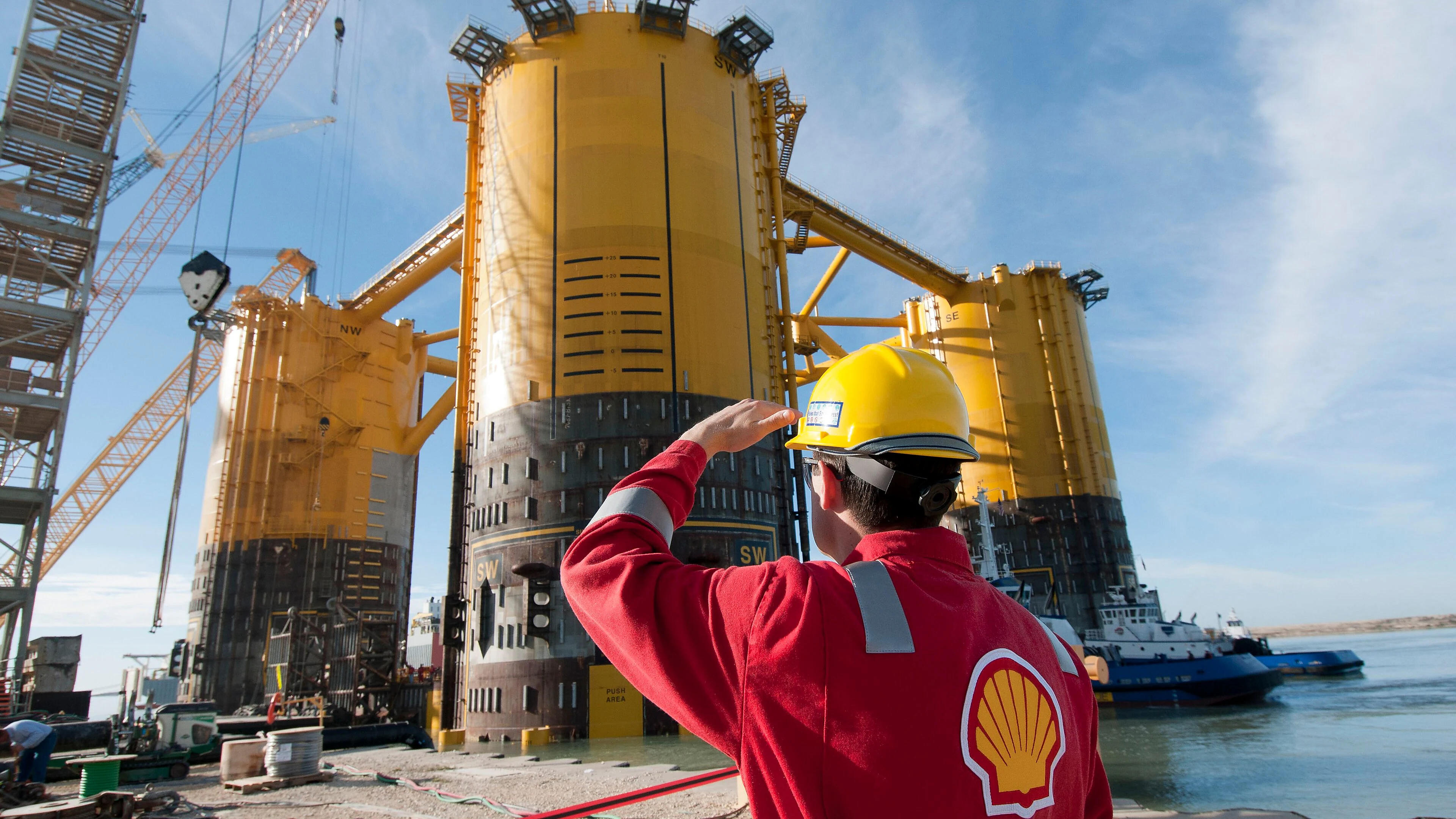Petroleum giants fighting for 600 South African petrol stations

Some of the world’s largest petroleum companies, including Saudi Aramco and Abu Dhabi National Oil Company (Adnoc), are locked in a battle for Shell South Africa’s downstream business.
Shell’s intention to sell its downstream assets in South Africa was first announced in May 2024 and has sparked interest from Middle East giants Aramco and Adnoc, as well as commodities trader Trafigura.
Speaking to the media at a tour of Shell’s Alberton fuel depot, country chair Aluwani Museisi gave an update regarding the sale of the downstream assets.
Bloomberg has reported that initial estimates value the business, which includes 600 forecourts around the country, at around $1 billion (R17.9 billion at the time the sale was first announced).
“We’ve had very good interest because it’s obviously an important asset that a lot of people would really like to get their hands on,” Museisi told BusinesDay TV.
“It has proven to be resilient. More than that, if you look at our retail network, it’s strategically located in the country, so anybody who becomes a new investor will be fortunate because the brand is also well-established in this market.”
“I unfortunately cannot tell you where things are at the moment. We will update the market once there is anything material we can offer to customers and employees.”
“At this time, we are just in the backrooms doing the hard work needed to complete a transaction of this magnitude.”
Earlier this year, Shell sold its stake in the South African Petroleum Refinery (Sapref) to the Central Energy Fund.
The company’s downstream business has drawn interest from several major players, including Aramco, Adnoc, commodities trader Trafigura, and local powerhouse Sasol.
According to Bloomberg, a deal might be finalised by the end of the year, though negotiations are expected to extend into 2025.
In December, the pool of potential buyers will be narrowed down to a select few, who will submit binding offers for Shell’s assets.
An investment from either of these oil giants could have a transformative impact on South Africa’s energy sector, given their financial strength and ability to revitalise the nation’s refining capacity.
When the proposed sale was first announced in May, around the time of South Africa’s general elections, many speculated that it was due to the country’s regulatory environment.
Shell said the sale of its forecourts business resulted from a global cost-cutting exercise, during which the company determined that its South African business was non-core.
The intention to sell the downstream business came after a public disagreement with Shell’s BEE partner in the country.
“Shell’s downstream business is being sold as a going concern, with all its operations and employees as part of that,” Museisi said.
He said the company is quite positive about the direction South Africa is headed overall. If it was not, it would have sold the assets a long time ago.
“The decision to divest from Shell’s downstream South African business was a portfolio decision taken at the Shell PLC level,” Museisi explained.
“This was where it was determined that to enhance Shell’s portfolio of businesses, it had to sell non-core assets, and the South African business was deemed to be one of those.”
“There are a number of countries where Shell has sold its downstream businesses. That decision has nothing to do with the regulatory environment in South Africa.”
Shell is not the only oil giant that has cut its operations in South Africa. Fellow European giants BP and TotalEnergies have also sold off some of their businesses in the country.
It is also not the first to realise that downstream assets in South Africa are simply not commercially viable as the country’s stagnant economic growth negatively impacts demand for petroleum products.
Malaysian oil giant Petronas sold its entire stake in Engen to Vivo Energy – a subsidiary of commodities trader Vitol – in 2023.
Engen has the largest forecourt network in South Africa, over double the size of Shell’s, at 1,300 stations.
Petronas explained that Engen’s sales were part of a global review of its operations to allocate capital to more profitable regions and businesses.
Europe’s largest oil company, TotalEnergies, is also reviewing its operations in South Africa after pulling out of its offshore oil and gas venture in the country earlier this year.
Despite investing R7.4 billion to find oil reserves off South Africa’s cost, the French company has decided to abandon the project.
The primary reasons cited are the relatively small domestic gas market and South Africa’s sluggish economic growth, rendering the development of these resources economically unfeasible.

